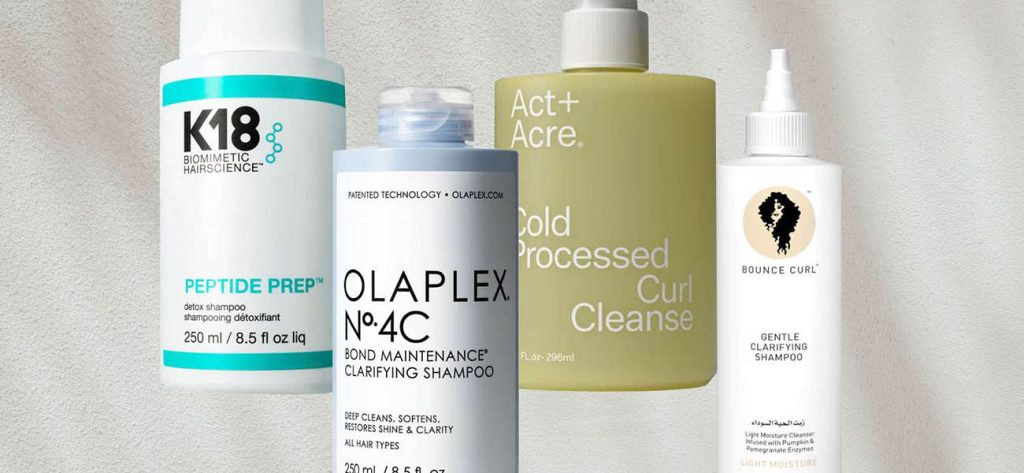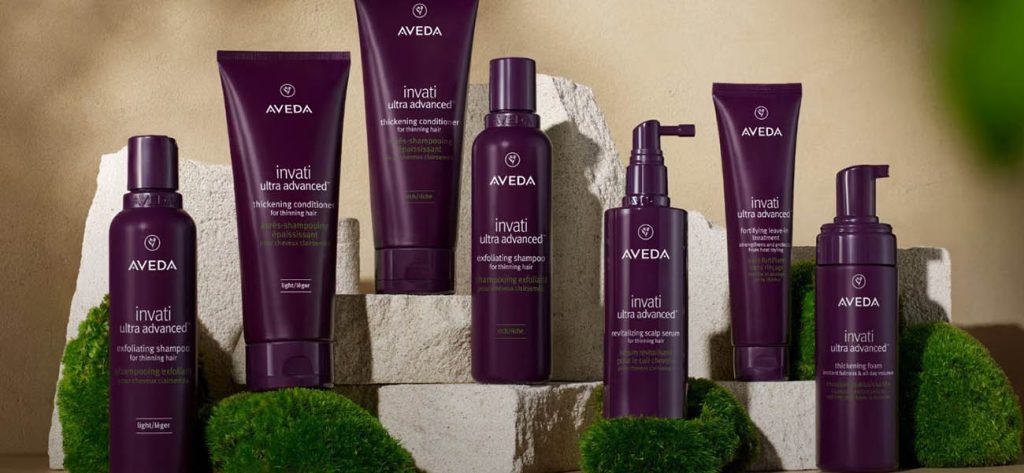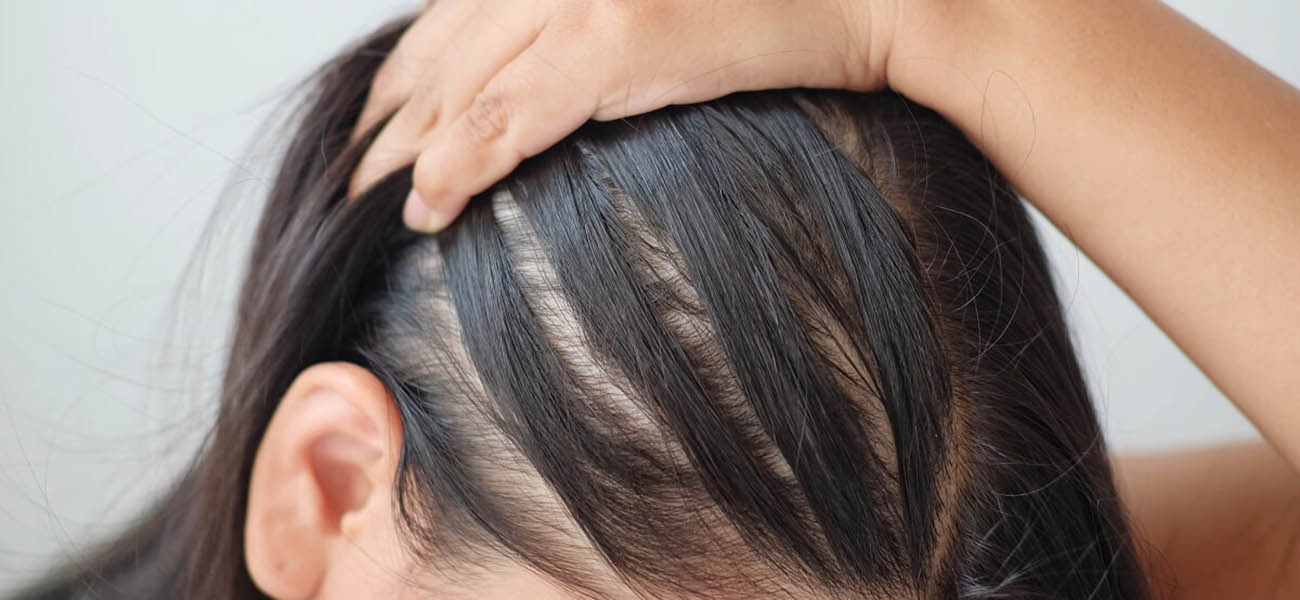I often share insights on hair care, because no matter how perfect your outfit is, healthy hair always adds an extra touch of elegance to your overall look. However, I’ve noticed that more and more people are complaining about thinning, brittle, and fragile hair. Surprisingly, the culprit might be the shampoo you use every day!
Shampoo is the foundation of hair care, and while it seems straightforward, its formula can hide potential threats to your hair and scalp health. Today, let’s dive deep into which shampoo ingredients might be “stealing” your hair, and I’ll share my personal hair care tips along with some recommendations for safe shampoo products.
Unveiling the “Hair-Stealing” Ingredients in Your Shampoo
Have you ever scrutinized the ingredient list on your shampoo bottle? While those scientific terms may seem complicated, they directly impact your scalp health. Here are some common “hair-stealing” ingredients and their hidden dangers:
1. Foaming Agents and Thickeners: Over-cleaning your scalp
Foaming agents such as SLS and SLES (Sodium Lauryl Sulfate and Sodium Laureth Sulfate) are widely used in shampoos to create rich foam and give you that “squeaky clean” feeling. However, this strong cleansing power can strip your scalp of its natural oils, damaging its protective barrier and leading to dryness, itching, and even hair loss.
Thickeners, on the other hand, improve the texture of shampoos but can irritate sensitive scalps and disrupt the environment needed for healthy hair growth.
2. Preservatives: Hidden toxicity risks
To extend the shelf life of shampoos, preservatives such as Methylisothiazolinone (MIT) and parabens are commonly added. While deemed safe within regulated concentrations, these substances can cause inflammation and irritation for sensitive scalps over time, potentially harming hair follicles and contributing to hair thinning.
3. Irritants: Overwhelming your scalp
Artificial fragrances and dyes are added to many shampoos to make them more appealing, but these chemicals can be harsh on your scalp, especially if you’re prone to allergies. Prolonged exposure can reduce follicle vitality, leaving your hair weaker and sparser.
4. Alcohol: Intensifying dryness
Certain shampoos contain high concentrations of alcohol (like ethanol) to aid in quick drying or grease removal. However, alcohol can dry out both your scalp and hair, making your strands brittle and more prone to breakage with long-term use.
5. Lubricants: The “fake smooth” effect
Dimethicone (a type of silicone) is commonly used in shampoos to create a smooth, silky feel. While it provides short-term softness, silicone forms an impermeable layer over the scalp and hair, blocking air and nutrients. Over time, this can lead to scalp issues and hinder new hair growth.

How to Choose a Truly Hair-Friendly Shampoo
To avoid the problem of thinning hair, switching to shampoos with milder formulas and scalp-friendly ingredients is essential. So, what makes a shampoo genuinely protective for your hair?
Read the ingredients list and avoid harmful substances
- Steer clear of shampoos containing SLS, SLES, and other harsh cleaning agents.
- Opt for sulfate-free and alcohol-free formulas, which are gentler on sensitive scalps.
- Look for shampoos with natural preservatives instead of synthetic chemicals.
- Prioritize scalp health
Choose shampoos that go beyond cleansing to care for your scalp. Ingredients like tea tree oil, rosemary, and ginger root extract can improve microcirculation in the scalp and promote healthier follicles. - Pick a formula tailored to your hair type
Dry hair benefits from nourishing shampoos, while oily hair needs products with balancing properties. Choose products based on your unique needs rather than blindly following trends.
My Personal Hair Care Tips
After realizing the potential risks of certain shampoo ingredients, I transitioned to products with more natural formulas and adopted gentler scalp care practices. Here are a few habits I stick to:
- Always dilute shampoo with water before applying it to my scalp to reduce its concentration and minimize irritation.
- Use lukewarm water to wash my hair, as hot water can harm the scalp.
- Incorporate a weekly scalp treatment, such as a mild exfoliator or deep-cleansing serum, to help hair follicles “breathe.”
- Dry my hair with the cool setting on my hairdryer to prevent bacteria growth caused by prolonged dampness.
Two Recommended Shampoo Brands

To help you easily find safe and effective shampoos, I’ve handpicked two products that I’ve personally tested and loved:
- Aveda Invati Advanced™ Shampoo
Designed for thinning and fine hair,this shampoo features plant-based ingredients like turmeric and ginseng to stimulate follicles and reduce hair loss. It’s free from sulfates and silicones, making it gentle on the scalp. Hair feels lightweight and shiny after use, and with regular use, the improvement in hair strength is noticeable. - Christophe Robin Purifying Shampoo with Jujube Bark Extract
If you’re dealing with sensitive scalp issues, this shampoo is a fantastic choice. It’s formulated with natural extracts like jujube bark and acacia flowers to soothe the scalp and regulate oil production while deeply cleansing the follicles. This product not only balances the scalp environment but also enhances overall hair health.
Healthy hair begins with a healthy scalp, and shampoo plays a pivotal role as the first step in scalp care. If your hair is becoming thinner, it’s worth re-evaluating whether your shampoo contains any “hair-stealing” ingredients.
By choosing shampoos with natural, gentle formulations and incorporating proper scalp care practices, you can achieve fuller, stronger hair. I hope this article provides practical advice and serves as a helpful guide the next time you shop for shampoo. Remember, beautiful hair starts with mindful care!
Tags: Foaming Agents and Thickeners, Preservatives, Shampoo